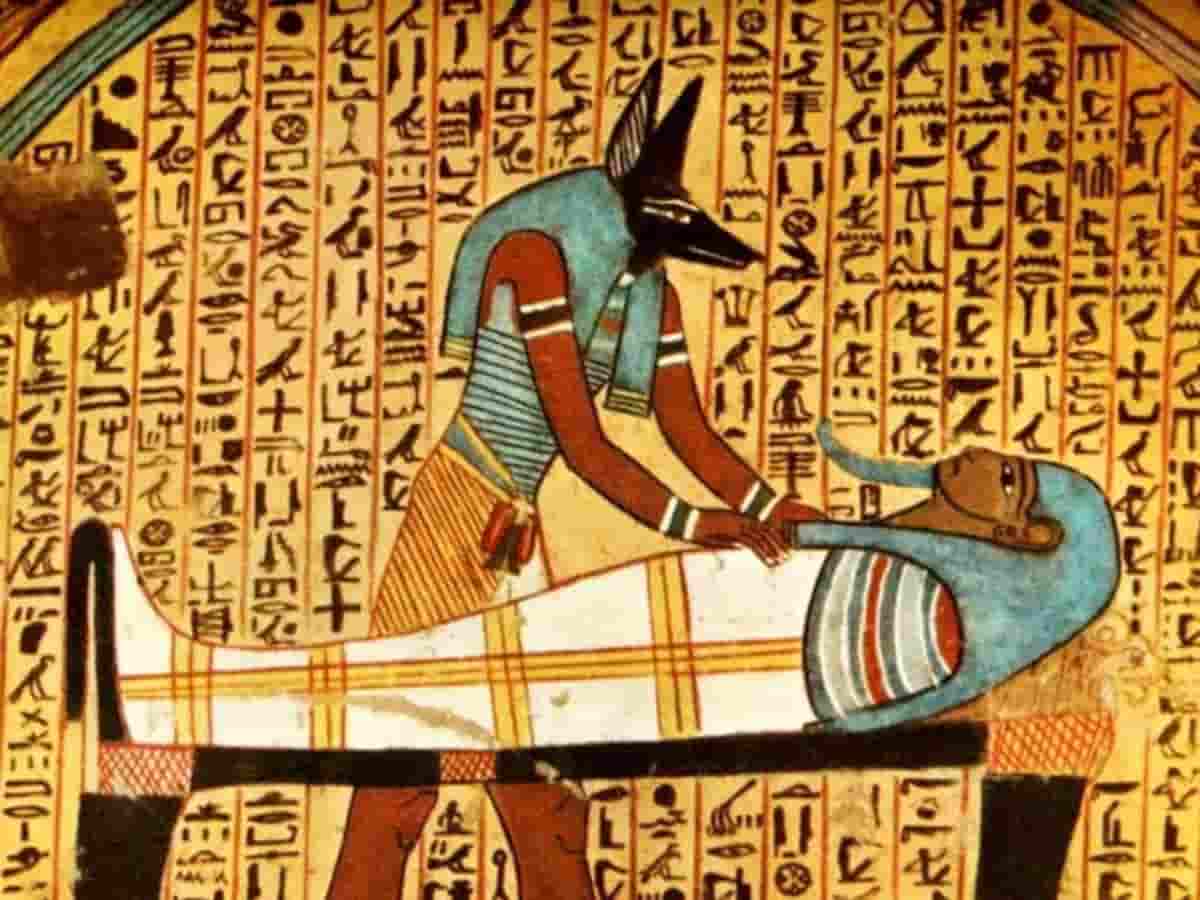molecular-designs.com – The ancient civilization of Egypt, renowned for its majestic pyramids, intricate hieroglyphs, and powerful pharaohs, also harbored a lesser-known but equally fascinating aspect of its culture: the Anubisath. These enigmatic figures, often depicted as warriors with the head of a jackal and the body of a human, played a significant role in the mythology and religious practices of the ancient Egyptians. The Anubisath, named after Anubis, the god of the afterlife, mummification, and the underworld, were believed to be the protectors of the dead and the guardians of the sacred.
The Mythological Origins of the Anubisath
In Egyptian mythology, Anubis was a complex deity, often associated with the mummification process and the weighing of the heart in the afterlife. The Anubisath, as his earthly representatives, were thought to embody the characteristics of their divine counterpart. They were believed to possess wisdom, strength, and a deep understanding of the mysteries of life and death.
The origins of the Anubisath are shrouded in myth and legend. Some stories suggest that they were created by Anubis himself to serve as his loyal soldiers and to enforce the laws of the underworld on earth. Others claim that they were once human warriors who were blessed by Anubis for their bravery and devotion, transforming them into the first Anubisath.
The Role of the Anubisath in Ancient Egyptian Society
The Anubisath played a multifaceted role in ancient Egyptian society. They were not only revered as protectors of the dead but also served as advisors to pharaohs, judges in legal disputes, and leaders in times of war. Their connection to the afterlife made them indispensable in funerary rituals, where they were believed to guide the souls of the deceased through the perils of the underworld.
In addition to their spiritual duties, the Anubisath were also skilled warriors, trained in the art of combat from a young age. They were often depicted in hieroglyphs and temple reliefs as fierce fighters, wielding spears, swords, and shields, ready to defend the kingdom against any threat.
The Legacy of the Anubisath
Although the Anubisath have long since faded into the mists of history, their legacy lives on through the artifacts and stories they left behind. The enduring fascination with ancient Egypt ensures that the jackal warriors continue to capture the imagination of people around the world.
In modern times, the Anubisath have been immortalized in various forms of media, from literature and film to video games and comic books. They serve as a testament to the rich tapestry of ancient Egyptian culture and the enduring power of mythology to inspire and awe.
Conclusion
The Anubisath, the jackal warriors of ancient Egypt, represent a fascinating blend of mythology, religion, and martial prowess. Their role as protectors of the dead and guardians of the sacred highlights the complex spiritual beliefs of the ancient Egyptians and their deep respect for the afterlife. Although they may have existed only in the realm of myth and legend, the Anubisath continue to captivate our imagination, reminding us of the timeless allure of ancient Egypt’s mysteries.
